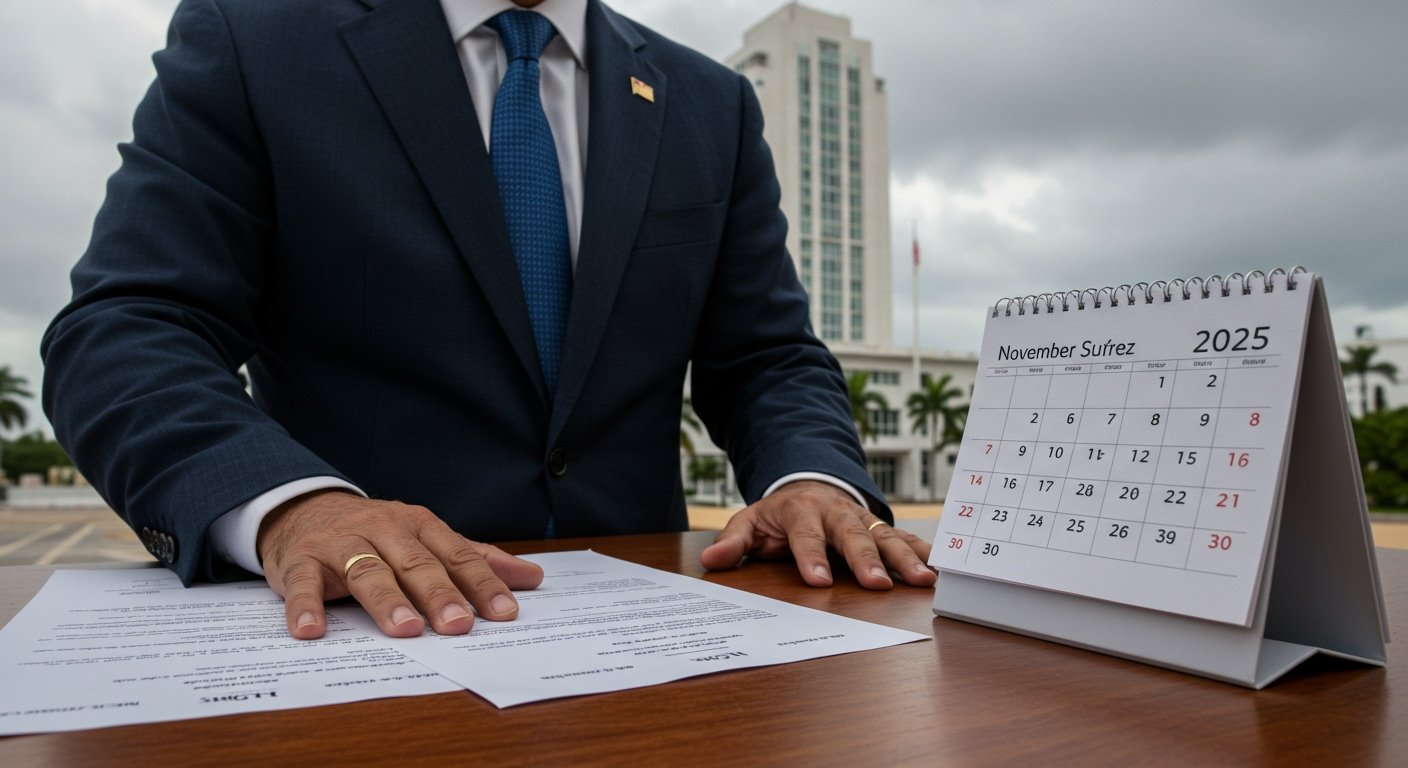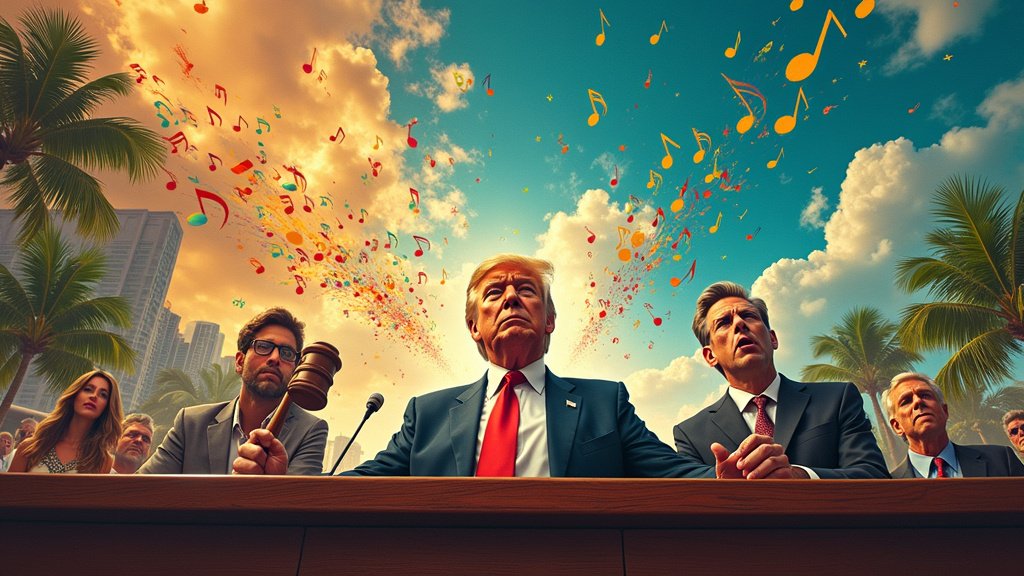Miami, Florida – A controversial proposal circulating within the city of Miami could significantly alter its electoral calendar, potentially allowing current officeholders, including Mayor Francis Suárez, to remain in power for an additional year. The initiative, formally put forth by Commissioner Damián Pardo, aims to move municipal elections from their current schedule in odd-numbered years to coincide with federal and state general elections held in even-numbered years.
The Core Proposal and Its Implications
The central tenet of Commissioner Pardo’s proposal is a shift designed to align local voting with broader election cycles. Proponents argue this change could significantly boost citizen participation in municipal races by placing them on ballots that traditionally see higher turnout. However, the practical implementation of this reform involves a critical step: canceling the city elections currently scheduled for November 2025 and postponing them to the fall of 2026.
This postponement has ignited a heated debate, primarily centered on the immediate impact on the terms of incumbent officials. Under the proposal, elected officials whose terms would normally expire following the November 2025 elections would effectively see their tenure extended by twelve months, serving until the rescheduled election in 2026. While presented as a mechanism to enhance democratic engagement, critics view the measure as a self-serving tactic by officials to prolong their time in office.
Sources indicate the idea to move the election date was originally driven by Mayor Suárez himself. While the mayor’s role in initiating the concept is noted, the formal proposal and the subsequent legal scrutiny it faces underscore the complex interplay between political ambition and legal constraints.
A Divide Over Legality: State vs. City Interpretation
The legality of implementing such a significant change via a city ordinance, without a direct vote of the citizenry, has become the primary point of contention. This legal challenge pits state-level interpretation against the city’s own assessment of its authority.
Florida Attorney General James Uthmeier has weighed in on the matter, issuing an opinion that asserts the election date change requires a vote of the citizens – a referendum. This stance is reportedly supported by Governor Ron DeSantis, signaling potential state opposition should the city proceed without citizen approval. The Attorney General’s opinion underscores the principle that fundamental changes to electoral processes, particularly those potentially affecting term lengths, should be decided by the electorate.
Conversely, Miami’s municipal prosecutor, George Wysong, has offered a differing legal perspective. Wysong argues that city commissioners possess sufficient legal grounds to alter the election date through the passage of a city ordinance, bypassing the need for a city-wide referendum. He reportedly cites a similar case in North Miami as precedent, suggesting that municipalities hold the authority to make such adjustments to their electoral calendars without direct citizen consent.
Citizen Engagement and Political Maneuvering
The proposal has not only sparked legal debate but has also mobilized segments of the public. Reports indicate that over 4,000 citizens have signed petitions expressing support for the electoral relocation, suggesting a desire among a portion of the populace for the proposed alignment of local and general elections.
However, the public discussion remains polarized. Supporters emphasize the potential benefits of increased turnout and the streamlining of the voting process. Opponents, while perhaps not against the principle of aligning elections, express deep skepticism regarding the timing and the perceived motivation – using the reform as a means to extend current terms rather than a pure good-governance measure. This perception of political maneuvering adds a layer of mistrust to the proceedings.
The Path Forward: Commission Vote Looms
The fate of the controversial proposal rests, at least initially, with the Miami City Commission. The measure is formally scheduled for a vote by the commission on Tuesday. The outcome of this vote will determine whether the city attempts to implement the change via ordinance, inevitably triggering the legal challenges suggested by the Attorney General’s opinion, or if the proposal is shelved or sent to voters for approval.
The decision facing the commissioners is fraught with political and legal consequences. A vote in favor could trigger a protracted legal battle with the state, potentially leading to court intervention and uncertainty surrounding future elections. A vote against would placate concerns about term extensions and adherence to the Attorney General’s guidance but might disappoint those who favor aligning election cycles for higher participation.
As the city commission prepares to deliberate, the debate over Miami’s electoral future highlights broader questions about municipal autonomy, voter access, and the integrity of democratic processes when potential personal or political advantages are perceived to be at play.





